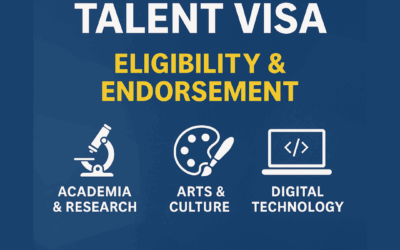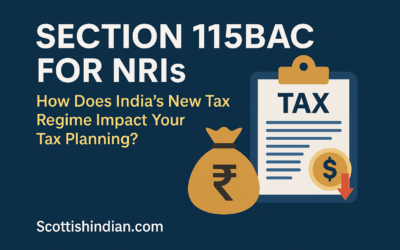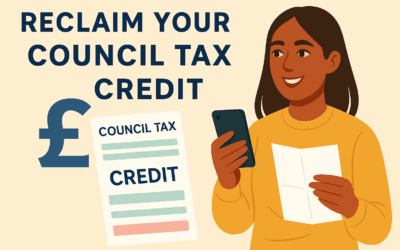Moving to a new country can be equal parts exciting and overwhelming—and the UK is no exception. Whether you’re here to study, work, or explore a new chapter, the first few weeks can be a learning curve. But don’t worry—we’ve put together a practical guide to help you settle in and navigate everyday life with confidence.
Here’s what every newcomer needs to know when starting out in the UK.
1. Know Housing and Renting in UK
Finding the right place to live is usually your first big task. In the UK, you’ll typically find two types of rental properties: furnished (includes basic furniture) and unfurnished (bare bones—just walls, carpets, and maybe a fridge).
You’ll likely need:
- A deposit (around 4–6 weeks’ rent)
- A tenancy agreement
- Proof of ID, visa status, and sometimes a UK guarantor
Always ask whether bills are included in the rent. Council tax, gas, electricity, water, and internet can add up if paid separately.
Helpful websites:
- Rightmove.co.uk
- SpareRoom.co.uk
2. Opening a Bank Account
You’ll need a UK bank account for rent, wages, or university transactions. Traditional banks like HSBC, Lloyds, NatWest, or Barclays are common, but digital banks like Monzo and Revolut are great for quick setup and low fees.
To open an account, you usually need:
- Proof of ID (passport/BRP)
- Proof of address (tenancy agreement or utility bill)
- Sometimes a letter from your university or employer
3. Know Transport and Getting Around
The UK has a solid public transport network—trains, buses, trams, and the London Underground (Tube).
- In London, get an Oyster card or use a contactless bank card for travel.
- Railcards (16–25, 26–30, etc.) give you 1/3 off most train fares.
- Apps like City mapper and Trainline are great for journey planning.
Driving in the UK? Remember, people drive on the left side—and you may need to exchange your licence or apply for a UK one after a certain period.
4. Healthcare and the NHS
The National Health Service (NHS) provides healthcare to UK residents. If you paid the Immigration Health Surcharge (IHS) when applying for your visa, you’re entitled to free medical care through the NHS.
Step 1: Register with a local GP (General Practitioner)—this is your first point of contact for most health concerns.
For:
- Urgent but non-emergency care, call 111
- Emergencies, call 999
5. Know Mobile Phones and Internet in UK
Get a UK SIM card as soon as possible—providers like Voxi, Giffgaff, EE, Three, Vodafone, and O2 offer prepaid or monthly deals. SIM-only plans are flexible and popular.
Often providers indulge you in a contract and if you wish to switch to another provider before completing the term contract, YOU WILL BE CHARGED HEFTY! So keep an eye on all t&c’s.
Pro tip- Voxi provides some fabulous deals. Do check them out!
6. Council Tax & Utilities
Most adults in the UK must pay council tax, which funds local services like rubbish collection and policing. Full-time students are usually exempt, but if you live with non-students, partial payment may apply.
Also set up or confirm accounts for:
- Electricity & gas
- Water
- Broadband/Wi-Fi
7. Know British Culture & Everyday Etiquette
A few cultural quirks:
- The British love a queue (line-up)—jumping the line is a big no-no.
- Politeness matters: “please,” “thank you,” and “sorry” go a long way.
- Talking about the weather is an unofficial national hobby.
Shops typically close earlier than in other countries, especially on Sundays. Get used to mealtimes being earlier too (lunch around 12–1 pm, dinner by 7–8 pm).
8. Useful Documents and Numbers
- BRP (Biometric Residence Permit): Carry it for ID and proof of visa status.
- NI Number (National Insurance): Required if you plan to work.
- Student ID or work contract: Helps with setting up accounts and getting discounts.
Starting life in the UK comes with its fair share of challenges, but once you’ve settled in, you’ll quickly get the hang of things. From understanding council tax to navigating the Tube, each small step helps you feel more at home. Be curious, ask questions, and don’t hesitate to reach out for help—locals are often happy to point you in the right direction. 🇬🇧




